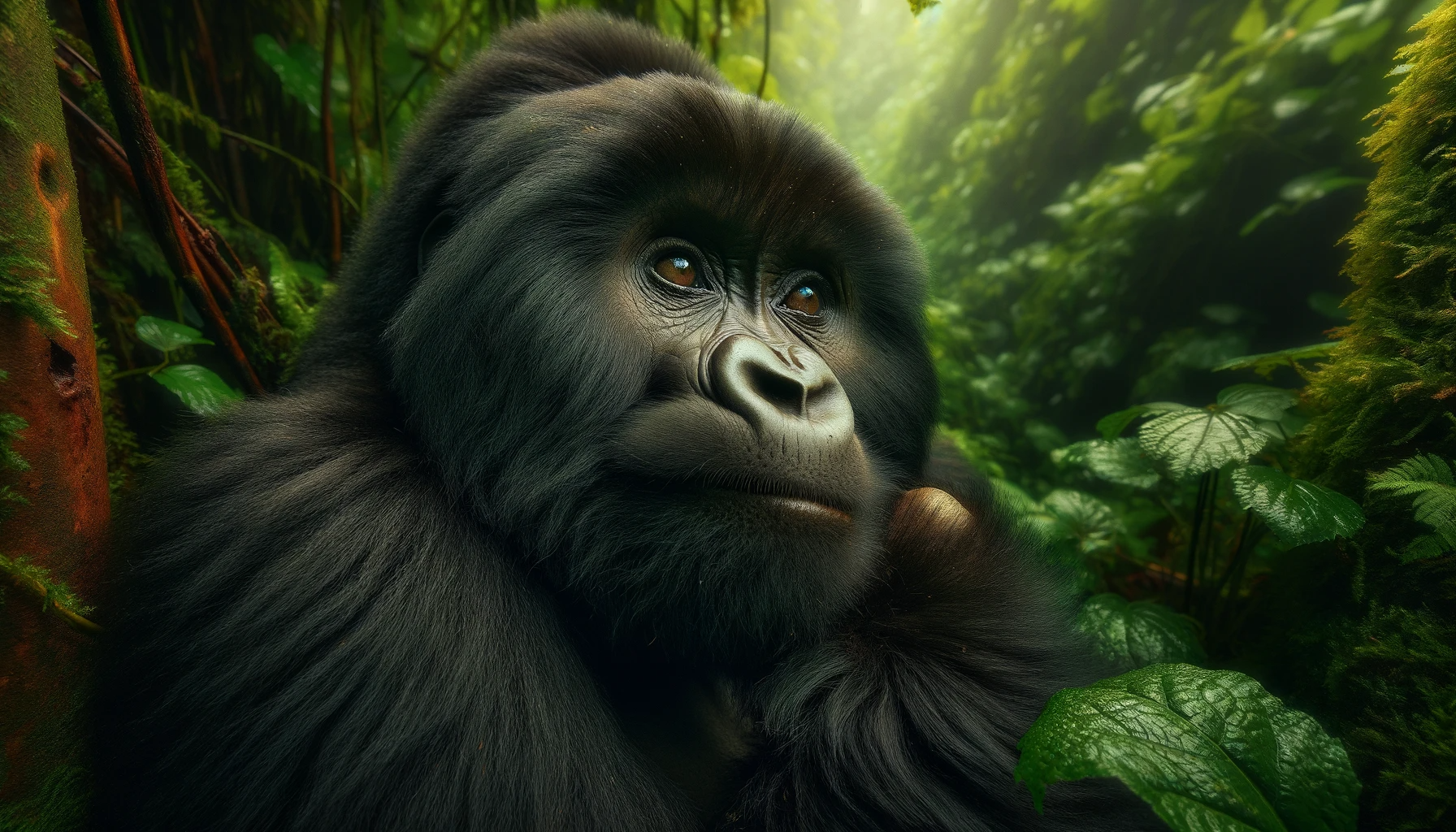Uganda is a country with a rich tapestry of cultures, diverse natural beauty, and significant potential for growth. It continues to navigate its development challenges while capitalizing on its strengths, including its natural resources and vibrant cultural heritage.
List of National and Public Holidays for Uganda, Africa for the year 2025
- New Year’s Day is on Wednesday, 1st January 2025.
- NRM Liberation Day is on Sunday, 26th January 2025.
- Archbishop Janani Luwum Day is on Sunday, 16th February 2025.
- International Women’s Day is on Saturday, 8th March 2025.
- Eid al-Fitr is on Sunday, 30th March 2025.
- Good Friday is on Friday, 18th April 2025.
- Easter Sunday is on Sunday, 20th April 2025.
- Easter Monday is on Monday, 21st April 2025.
- Labour Day is on Thursday, 1st May 2025.
- Martyrs’ Day is on Tuesday, 3rd June 2025.
- Eid al-Adha is on Friday, 6th June 2025.
- National Heroes’ Day is on Monday, 9th June 2025.
- Independence Day is on Thursday, 9th October 2025.
- Christmas Day is on Thursday, 25th December 2025.
- Boxing Day is on Friday, 26th December 2025.
List of National and Public Holidays for Uganda, Africa for the year 2024
- New Year’s Day: Monday, 1 January 2024
- NRM Liberation Day: Friday, 26 January 2024
- Archbishop Janani Luwum Day: Friday, 16 February 2024
- International Women’s Day: Friday, 8 March 2024
- Good Friday: Friday, 29 March 2024
- Easter Sunday: Sunday, 31 March 2024
- Easter Monday: Monday, 1 April 2024
- Eid al-Fitr: Wednesday, 10 April 2024
- Labour Day: Wednesday, 1 May 2024
- Martyrs’ Day: Monday, 3 June 2024
- National Heroes Day: Sunday, 9 June 2024
- Eid al-Adha: Sunday, 16 June 2024
- Independence Day: Wednesday, 9 October 2024
- Christmas Day: Wednesday, 25 December 2024
- Boxing Day: Thursday, 26 December 2024

History
- Early Kingdoms: Uganda’s history is marked by ancient kingdoms, including Bunyoro, Buganda, and Ankole, each with rich traditions and culture.
- Colonial Era: Became a British protectorate in the late 19th century. The colonial period influenced Uganda’s political, social, and economic structures.
- Independence: Gained independence in 1962. Post-independence history has been turbulent, including the dictatorship of Idi Amin in the 1970s.
- Recent History: Since the 1980s, Uganda has been on a path of recovery and development, marked by relative stability under President Yoweri Museveni.
Geography
- Location and Terrain: Landlocked in East Africa, bordered by Kenya, South Sudan, the Democratic Republic of Congo, Rwanda, and Tanzania.
- Natural Features: Renowned for its diverse landscapes, including the snow-capped Rwenzori Mountains, Lake Victoria (the source of the Nile), and numerous national parks.
- Climate: Tropical climate, with variations due to altitude.
Culture
- Ethnic Diversity: Home to many ethnic groups, each with distinct languages and cultural practices. The Baganda are the largest ethnic group.
- Traditions and Arts: Rich in traditional music, dance, and art. Uganda’s cultural heritage includes oral literature, craftmanship, and vibrant ceremonies.
- Cuisine: Ugandan cuisine is diverse, with staples like matoke (steamed bananas), posho (cornmeal), and luwombo (stew).
Economy
- Agriculture-Based: The economy is largely based on agriculture, with coffee as the main export. Other important crops include tea, tobacco, and cotton.
- Growth and Challenges: Experiencing steady economic growth, but still faces challenges such as poverty, corruption, and underdeveloped infrastructure.
- Tourism Sector: Growing tourism sector, driven by wildlife safaris, bird watching, and eco-tourism, particularly in protected areas like Bwindi Impenetrable National Park and Murchison Falls National Park.
Society
- Population: Comprised of a large, young, and rapidly growing population.
- Languages: English and Swahili are official languages, with Luganda and other local languages widely spoken.
- Education and Healthcare: Continuous efforts to improve the education system and healthcare, although challenges like access and quality persist.
Environmental Focus
- Biodiversity: Rich in biodiversity, with a variety of ecosystems from rainforests to savannas.
- Conservation Efforts: Active efforts in wildlife conservation, especially for endangered species like mountain gorillas.
- Environmental Challenges: Struggling with issues like deforestation, wetland degradation, and the impacts of climate change.
International Relations
- Regional Integration: Active in the East African Community and African Union, playing a significant role in regional issues.
- Peacekeeping and Diplomacy: Contributing to peacekeeping efforts in the region, particularly in Somalia under the AMISOM mission.
Tourism
- Major Attractions: Known for its diverse wildlife, including gorilla trekking, bird watching, and game safaris. The Nile River offers adventure tourism activities like white-water rafting.
- Cultural Tourism: Rich cultural experiences, including traditional music and dance performances, and visits to historical and cultural sites.
Challenges and Future Outlook
- Economic Development: Focused on diversifying the economy, improving infrastructure, and enhancing agricultural productivity.
- Social Development: Addressing social issues such as poverty reduction, health improvements, and education for a growing youth population.
- Political Stability and Governance: Working towards further political stability, good governance, and democratic processes.
In summary,

